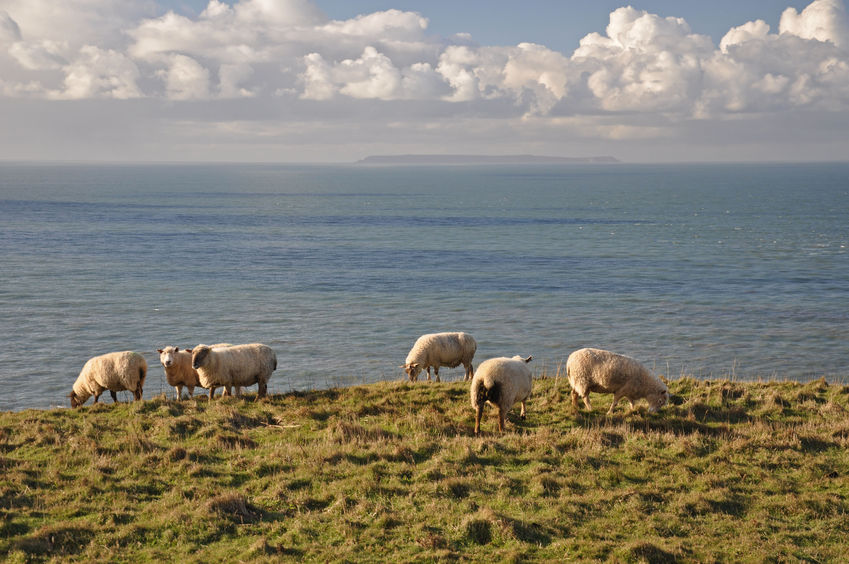
A sheep industry body has criticised new veterinary advice to reduce the use of castration and tailing in the sector.
New guidance recommends that castration of ram lambs should only be carried out when there are no suitable alternatives available.
This position is included in a new Animal Welfare Strategy launched on Wednesday (26 February) by the British Veterinary Association (BVA) and Sheep Veterinary Association (SVS).
They say that to reduce the need for castration, farmers and vets should work closely and tailor their animal health plans where possible, to focus on getting their male flock to reach slaughter weight prior to sexual maturity and on preventive measures to separate young rams and ewes.
The veterinary bodies point to evidence showing that some of the alternative options may have both animal welfare and economic benefits.
But the National Sheep Association (NSA) has now criticised the BVA for releasing a 'self-defeating' statement without having any discussions with industry groups.
While the NSA said it is is behind 'measured decision making', it warns of 'unintended and worsened' welfare outcomes.
NSA Chief Executive, Phil Stocker said: “The welfare implications of female lambs that are in lamb being presented for slaughter, and flystrike can be argued to be far worse than precautionary routine operations done under controlled conditions.
“That said, I would welcome practical and affordable forms of pain relief in order to raise welfare conditions and it would be better for BVA to put their energy into these solutions rather than publicly criticising existing solutions.”
While NSA has concerns over the approach of BVA, the sheep group said it would, 'in principle', support the recommendations.
“We do believe the best solution to allay concerns would be access to readily available and affordable pain relief for farmers to use on their stock, however, we’re not there yet," Mr Stocker said.
"In the meantime, we have to trust farmers to make the best management decisions for their sheep, and if they believe the risk is there with entire males, and non-docked lambs, they should not be ostracised for that and we should not risk raising this subject in the public arena when the farming community is already facing so much change and uncertainty.”
There is also concern of the implications of pushing UK standards higher when there is little assurance lower quality goods won’t be allowed to enter the country in new trade deals.
Mr Stocker added: “I would like to reiterate the point that these are global issues and there is little to gain in driving welfare standards in the UK higher if we’re to allow products onto our market that undermine our efforts.”
